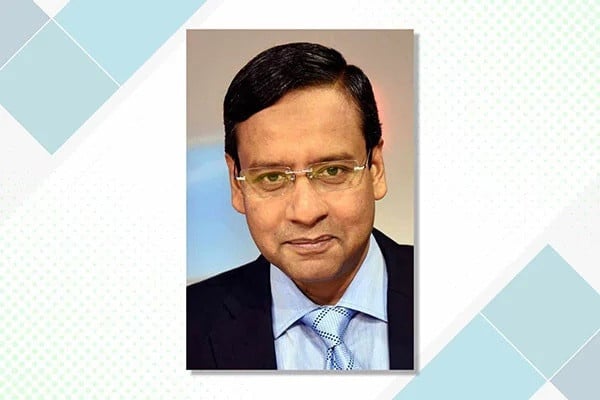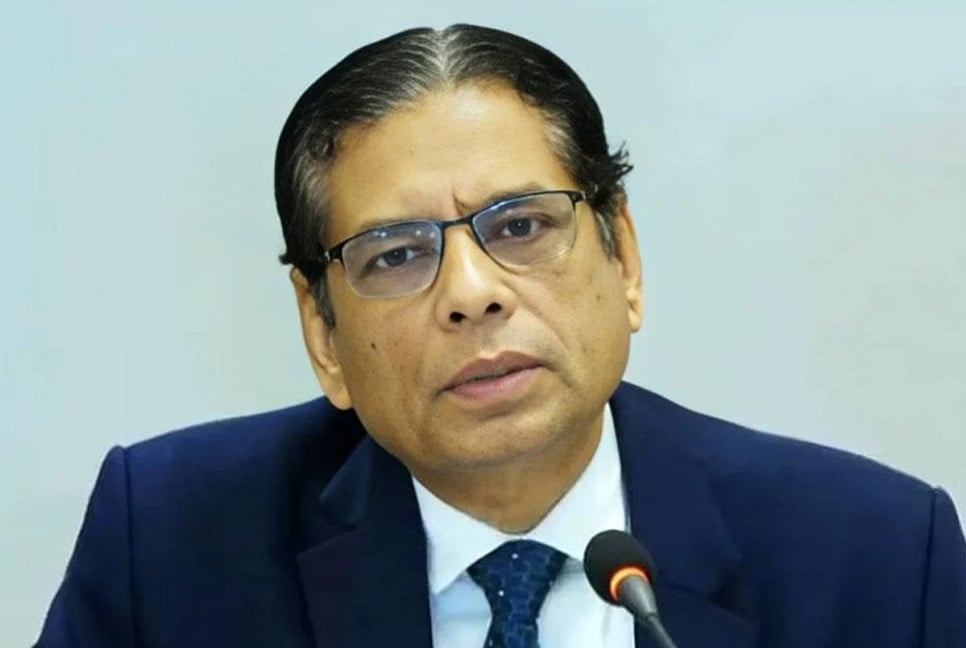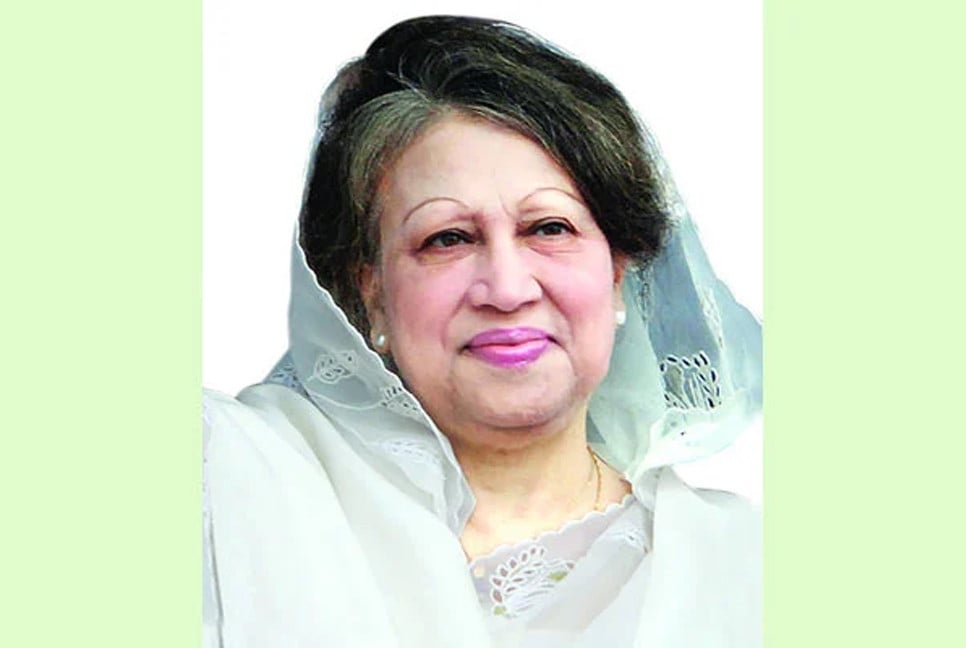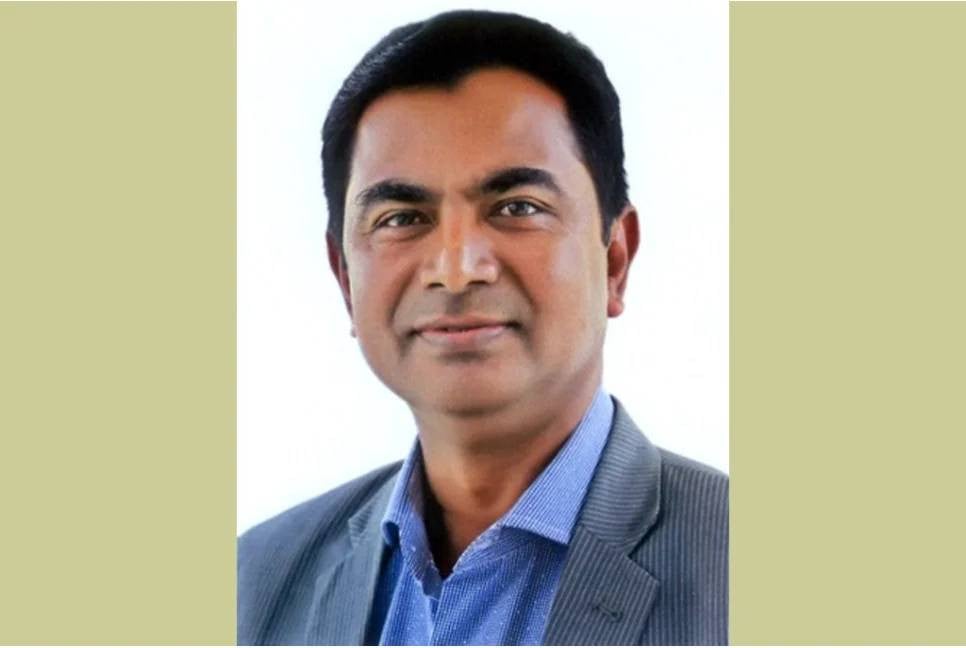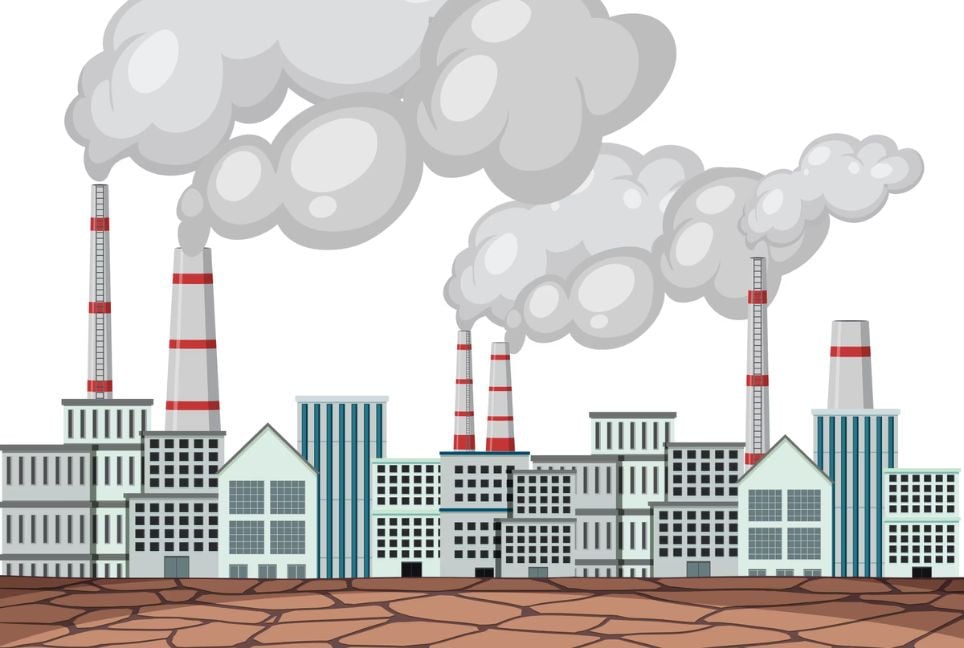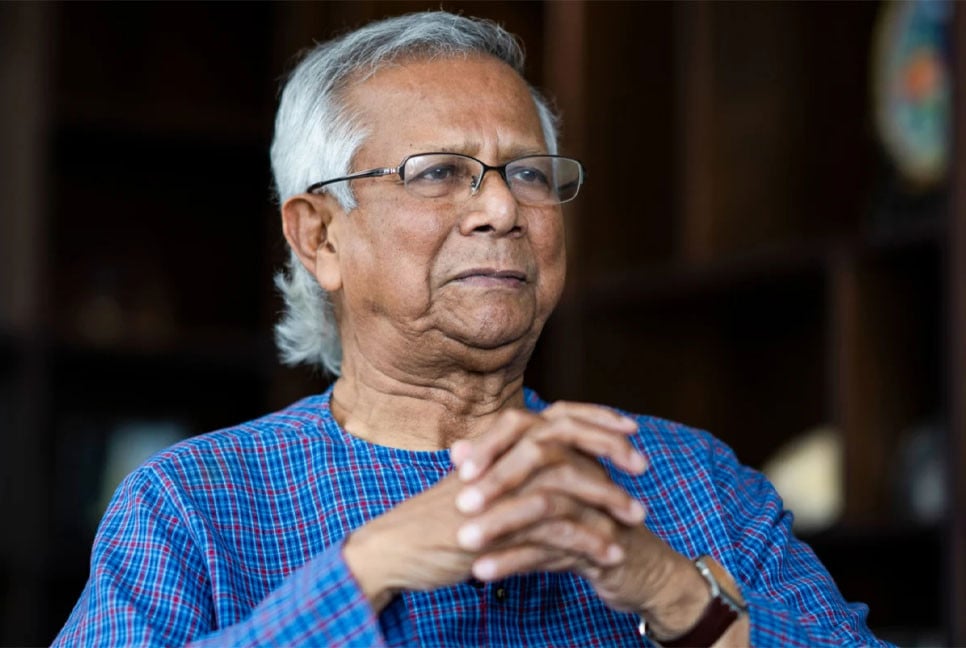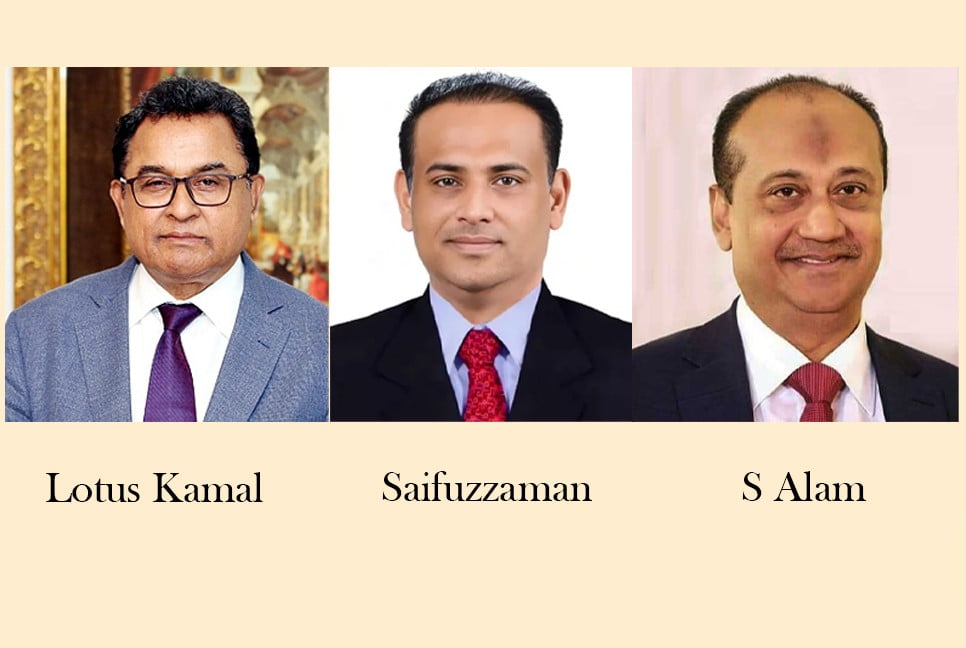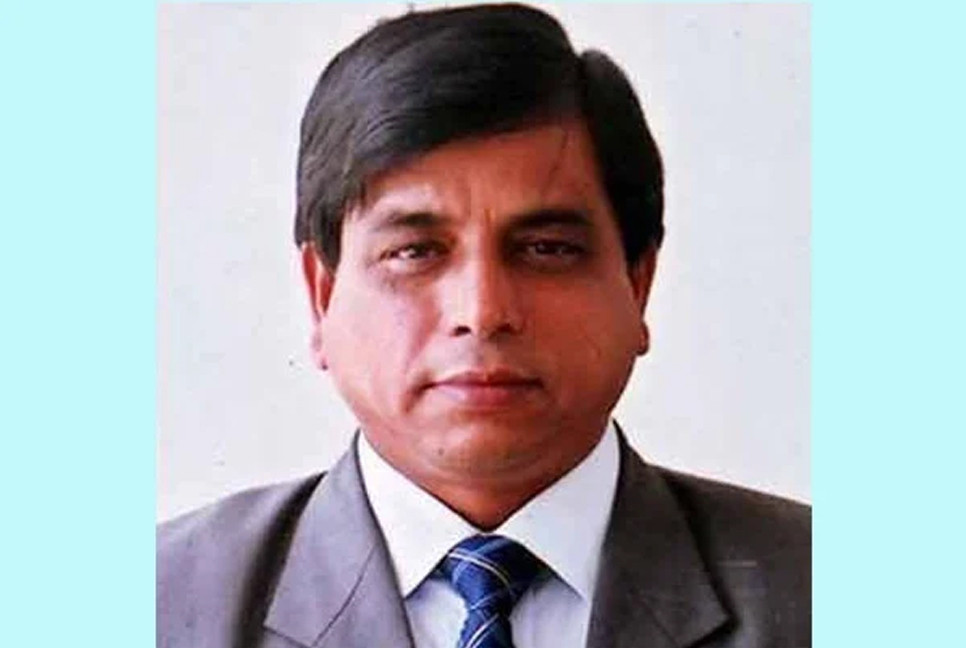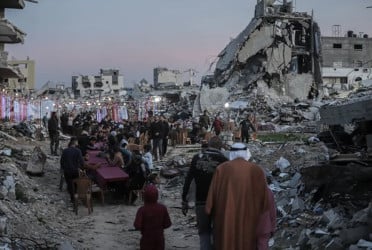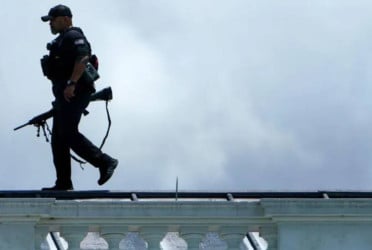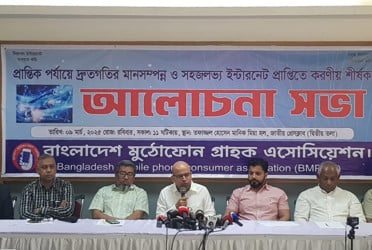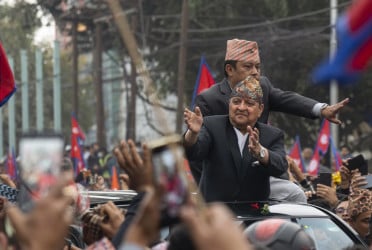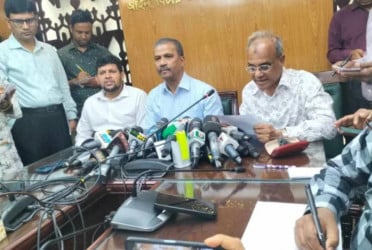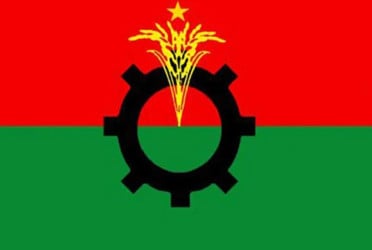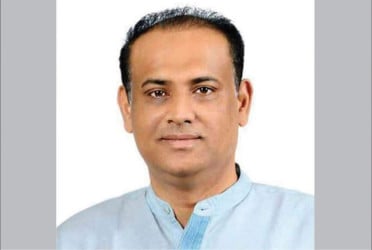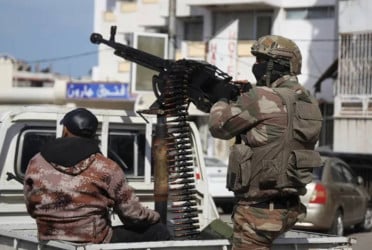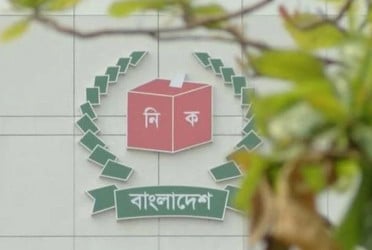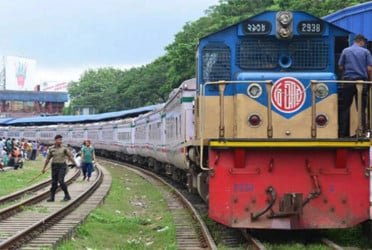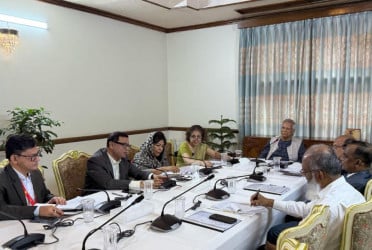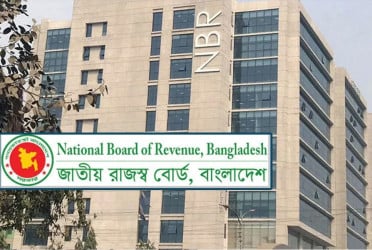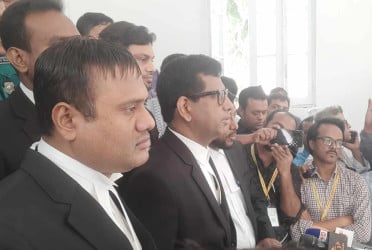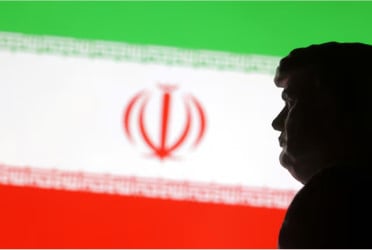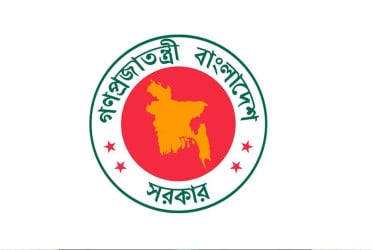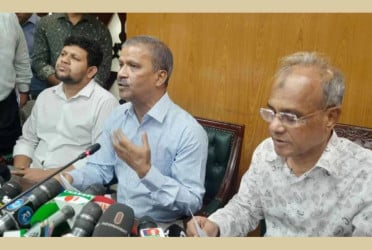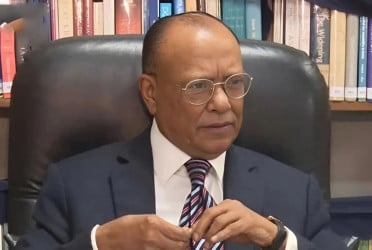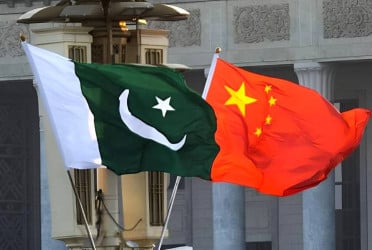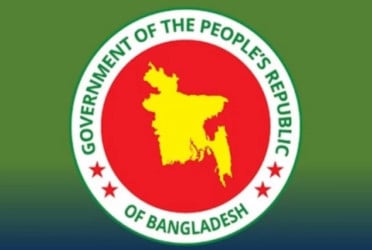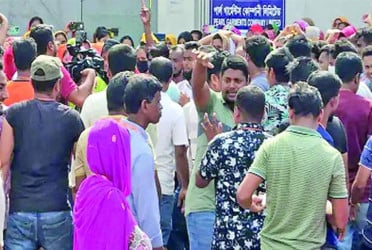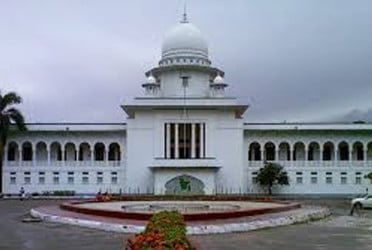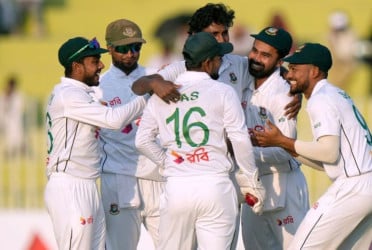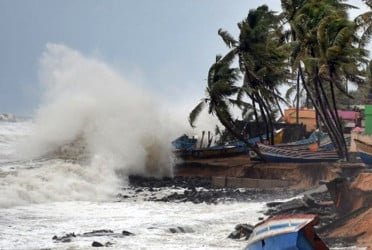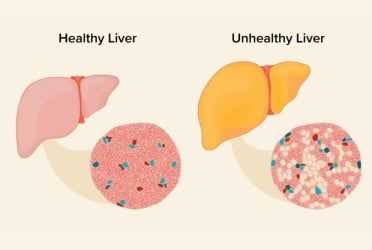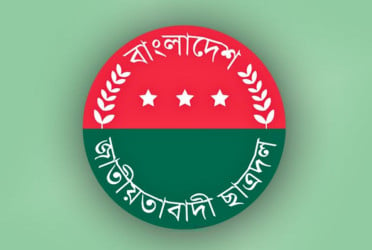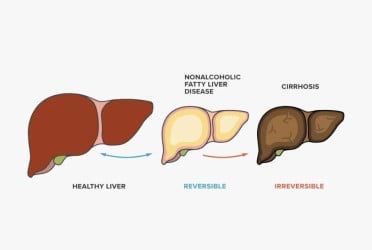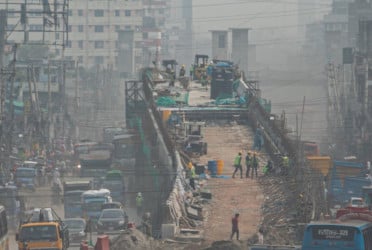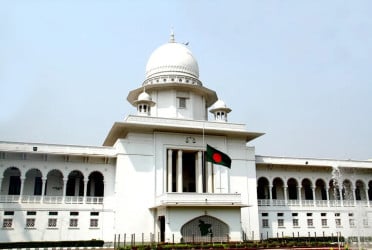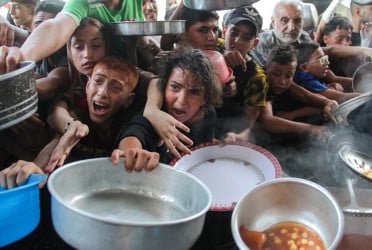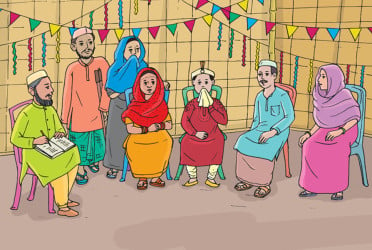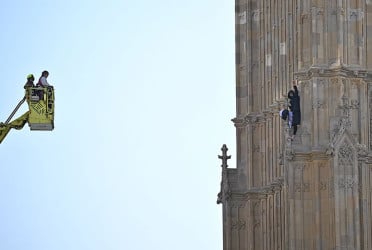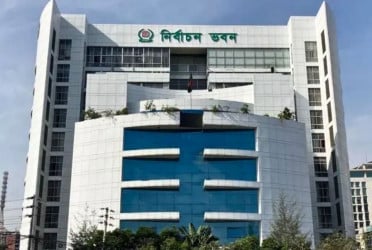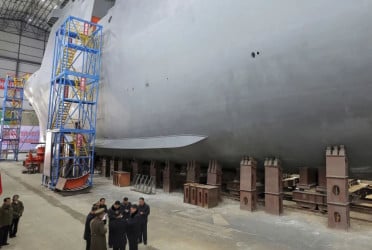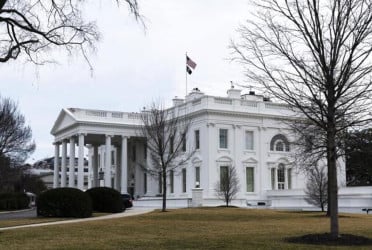The hugely controversial 1/11 took place in 2006 and formally ended in 2008. The terror of unprecedented rule of that time still haunts the two main political parties in the country. The nightmare of 1/11 still worked as the bitter medicine to businessman, bureaucrats, service holders, and even vegetable sellers in very little known small villages. As a result, if it was told to someone in the Awami League (AL) regime, then tension grasped their normal activities like taking meal and daily routine. And to stop their ‘shaking in fear feelings,’ AL introduced some bad examples in constitution, state-mechanism which broke the backbone of the party and at present heading the whole nation to another 1/11. Some people already mock this thing by terming it as ‘2-11.’
Before talking about the great disasters that the 1/11 has caused to our country, nation and our time, it is necessary to say something about the context of it. The conflicts of politicians, incompetence in running the state, the desire to remain in power for life, corruption, irregularities, arbitrariness, extravagance, indulgence, gambling-casinos, the rise of distorted tastes, etc are the reasons behind it. The corruption that began in post-independence Bangladesh through various syndicates activated in society, state or individual and family level took on a serious form in 2006. As a result, the public called conventional politics apolitical and earnestly desired a change. In such a situation, when the much-discussed and criticized 1/11 led by Moeenuddin and Fakhruddin came, the common people erupted into joy.
The first blow of the 1/11 came down on the politicians. The second blow came down on the businessmen. The people were practically happy with the first blow. After the arrest of the political scoundrels, when big fishes were arrested, the people said, "Thank you very much!" And the ordinary activists of the political parties, far from protesting, ran around shouting "Help!Help!" and cleared the entire field for Moeenuddin-Fakhruddin in such a way that the talented people of 1/11 got a lot of fun and enjoyed it. They staged new plays to assassinate the politicians and went beyond the limits as well as started atrocities. As a result, unprecedented panic spread throughout the country. People forgot about politics and started chanting "Ya Nafsi!" "Ya Nafsi!” (What would I do now! What would I do now!)
There are two contradictory characteristics exist in people. The oppressive community likes to scare people and they eventually turn it into the most enjoyable entertainment of life. We can learn from the gladiator stories of the Roman Empire about the brutal pleasure that the kings of the world took in killing people, making people cry, shedding blood, and forcing people to fight with wild animals. Apart from the Roman Empire, gladiator-like events have been staged in various parts of the world from time immemorial to the present day, changing their form depending on the place, time, and medium. As a result, there was no limit to the joy and fun of those who made other hugely feared. Some of them even opened royal harems like Sultan Suleiman.
In a society and state of oppression, a type of person is created by competing with those who make others feared and get entertainment from fear— those who continue to consider fear as a means of survival. This cannot be said, that cannot be done, don't go that way, don't sit here, don't look at that person, don't even let that person's name enter your mind – thousands of such restrictions are imposed on a group of people. If they didn’t see other people trembling in fear of them, they (oppressor) even take their meals normally. As a result, the oppressive group, upon seeing the terror in the eyes of the fearful community, increases the level of oppression with pleasure.
Intoxicated by the aforementioned chemistry, Moeenuddin-Fakhruddin gang attacked politicians as well as businessmen. They made a list of corrupt businessmen. Then, in broad daylight, they tortured a group of businessmen, attacked various business establishments and entangled them in numerous lawsuits, creating a frightening situation in the entire economy. Just as they used to perpetrate oppression in the daylight, they would appear in the darkness of the night with a smile on their face, and used to take huge bribes in exchange for friendship and compromise. As a result, the entire trade, commerce, and industrial production of Bangladesh first came to a standstill; then it started to turn in the opposite direction.
Due to the boundless greed of the 1/11 thugs, their intelligence gradually started to shrink alarmingly. As a result, after targeting big businessmen, they spread their evil-intention from the districts and upazilas of the country to the villages. As a result of the violence they carried out across the country in the name of illegal occupation and eviction, they put the final nail in the coffin of the country's economy and realized what a disaster they had caused. Then, to save their backs, they reached an agreement with political parties through domestic and foreign intelligence agencies and arranged for their safe departure.
The 1/11 players caused serious havoc in our national life. There was no political leadership among the thugs of that era. As a result, it was impossible for them to understand the political hopes and aspirations of the people.
Secondly, they were not notable in terms of honesty, efficiency and success in their professional lives. Yet they fought against people who were much more qualified and successful than them. As a result, they tried to achieve their desired goals by using intimidation and oppression instead using of qualifications and experience, and in the end, they escaped and saved their backs.
The negative perception that arose among the common people about politicians as an outcome of 1/11 is still ongoing. During the Awami League era, people were furious on powerful political leaders. But after the July-August Revolution, this rage turned into hatred and resentment. In a Bangladesh without the Awami League, the influence and fear of 1/11 still prevails, and no new positive idea has been established in the minds of people about political parties. As a result, the proverbs like gourds are like pumpkins or that one tyrant has gone, not for the arrival of another tyrant, etc. are returning into people's minds.
Secondly, many have succeeded in the past to overcome the damage that businessmen suffered during 1/11. But they could not overcome the fear of 1/11. On the other hand, the stories of opportunists getting the chance to make huge money in a very short time during the 1/11 are being spread like Arabian Nights stories in all the forces, departments and sub-departments of the state mechanism. As a result, the bad guys are eagerly waiting for the suitable time to cause another 1/11 catastrophe or eclipse of 2-11.
If we analyze the current situation in Bangladesh after July-August 2024 in the context of the above discussion, we will see that a situation worse than the 1/11 has already begun. Especially the extreme deterioration of law and order, mob justice, the mischief that certain circles are carrying out by pointing their thumbs at the laws and regulations of the state, were not even seen in the 1/11 period. The inaction of the police, the chaos of the bureaucracy, one after another unprecedented incident in the judiciary are leading the entire state apparatus to the path of ineffectiveness. The influential people of the society have become helpless. The intellectuals took a reserved position in expressing their free opinions. The media is trying to protect its existence by establishing self-censor and thinking loosely. Using this opportunity, an empire of occupation and extortion, bribery and corruption, oppression and torture is about to be established, with no remedy.
The wise men of that time are laughing at those of us who verbally abused the 1/11. On the other hand, the holes created as a result of the 1/11 have become even bigger and wider in recent times. Huge poisonous vapor of disunity, distrust, and disbelief has accumulated in those holes so that democracy, politics, and good governance are about to stop breathing in this air full of detrimental elements. In such a situation, the instinct of Bangalis to fear and get intimidated is thinking about the Eclipsed Invasion of the 2-11 which took place with immense power. And in the continuation of the history, we see one group is laughing, while the other group is trembling in fear.
(The writer is the Former Member of Parliament (MP) and Political Analyst)
Translated by: Md. Lutful Hoque Khan
Bd-pratidin English

